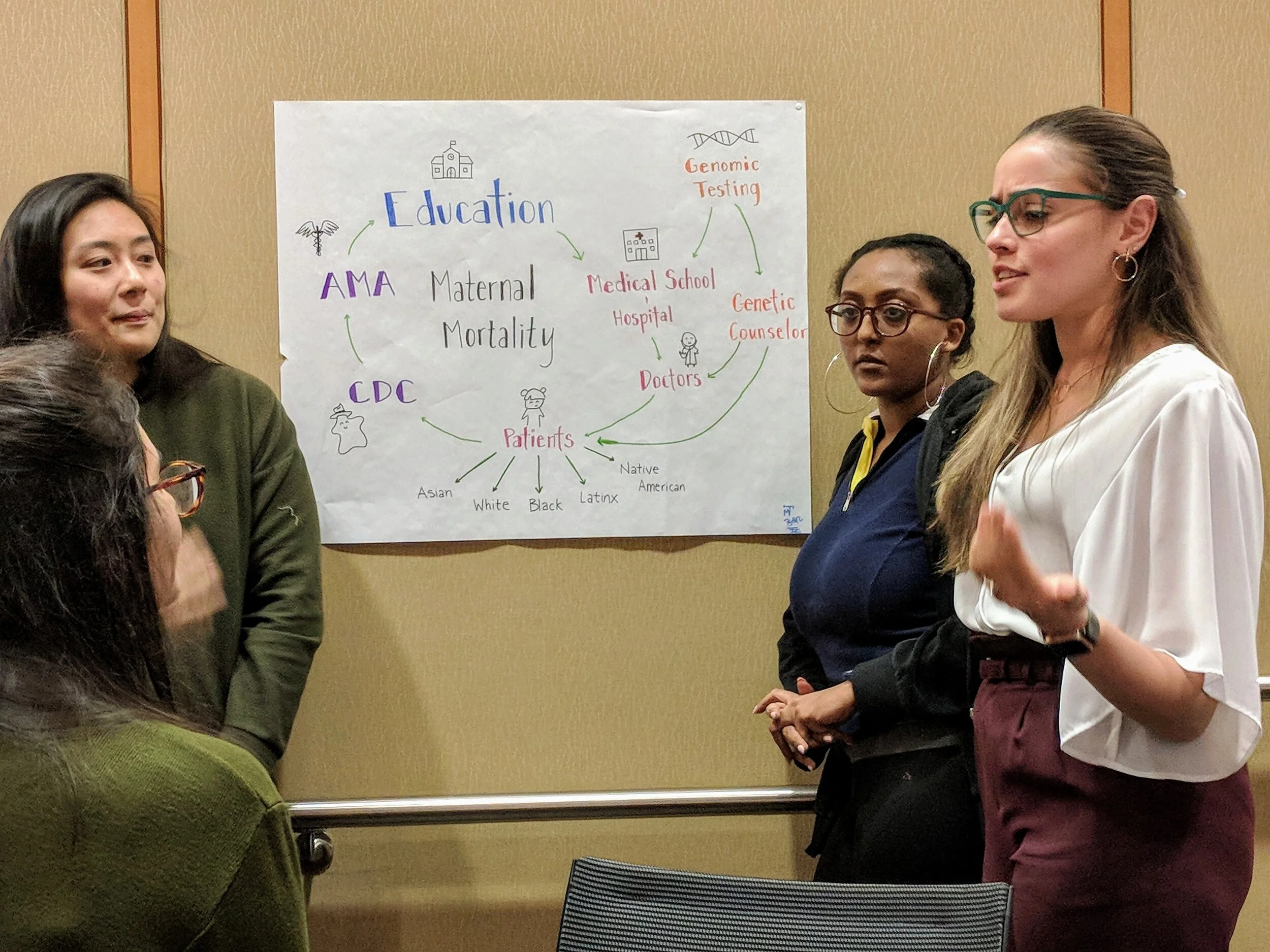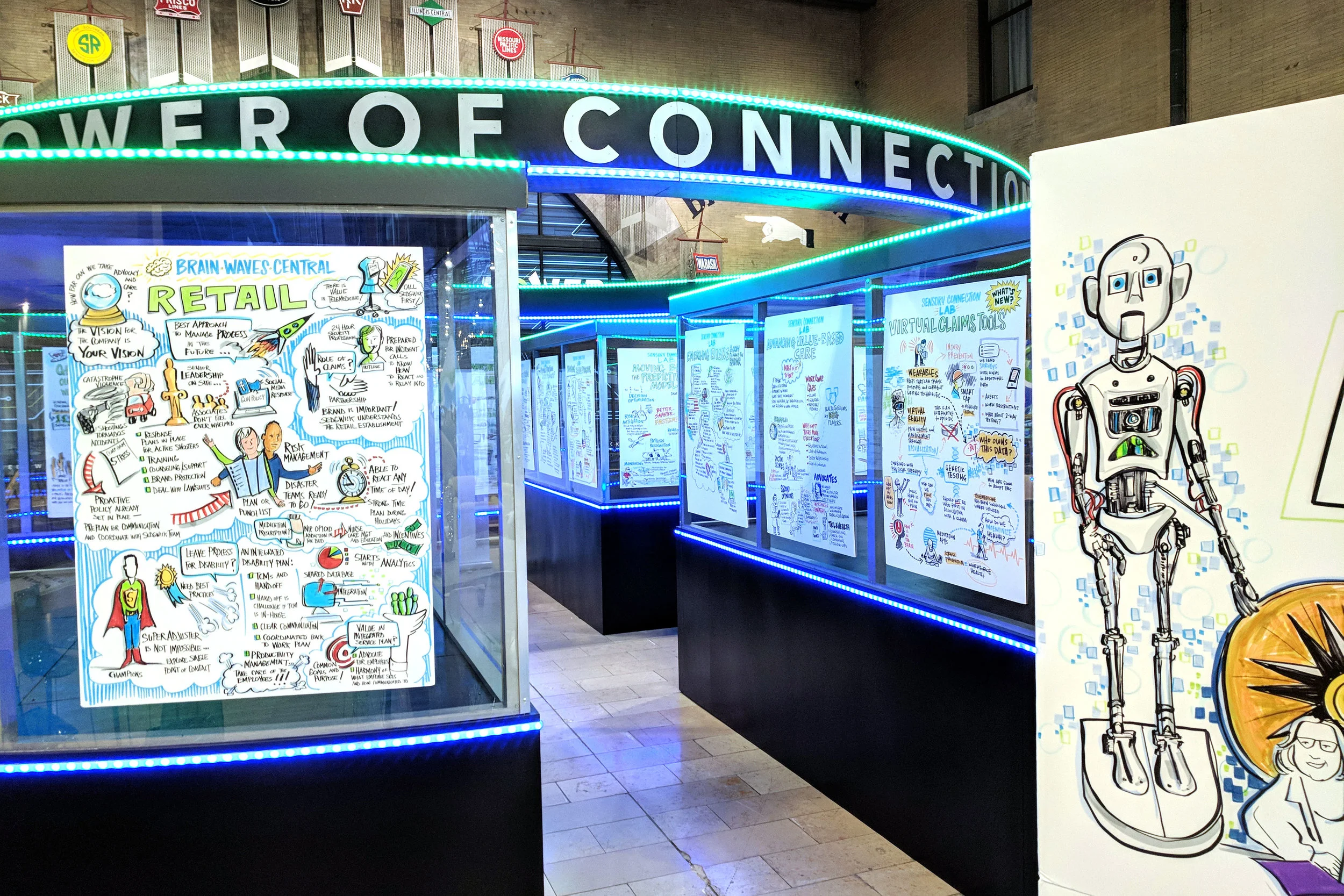Facebook's role in helping Myanmar protesters
/If you are a member of Facebook, you can read about the protests at the public group: Myanmar (Burma) Uprising: Worldwide support
The Myanmar government's tight media restrictions mean "citizen journalist" accounts have been vital for journalists trying to track the events of recent days. Reporters have relied on social networking sites like Facebook and blogs like that of London-based Burmese blogger Ko Htike for firsthand accounts and images. |




















